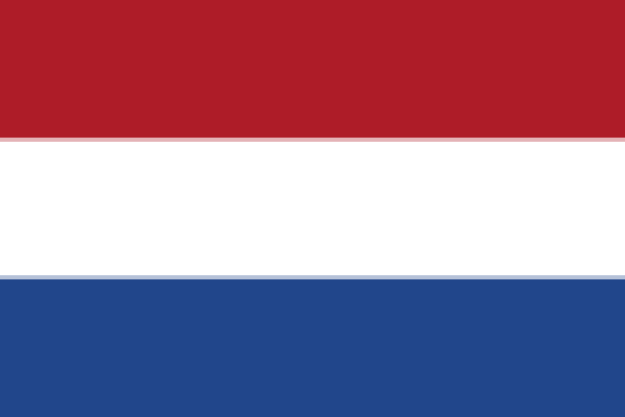
The Chairman and four members of the Standing Committee on Foreign Affairs of the House of Representatives of The Netherlands visited the Headquarters of the Organisation for the Prohibition of Chemical Weapons (OPCW) in The Hague on Monday, 11 February 2008. They were accompanied by the Permanent Representative of the Netherlands to the OPCW, H.E. Mr Maarten Lak.
The visiting Parliamentarians included the Committee Chairman, Mr Henk Jan Ormel, Mr Geert Wilders (Party for Freedom), Ms Mariko Peters (Green Left Party), Ms Janneke Schermers (Christian Democratic Party), and Ms Krista van Velzen (Socialist Party).
In welcoming the Parliamentarians the OPCW Director-General, Ambassador Rogelio Pfirter, expressed his gratitude for the strong commitment of the Government of the Netherlands to the implementation of the Chemical Weapons Convention (CWC) and commended its support for the work of the OPCW.
Director-General Pfirter drew particular attention to the crucial role that parliamentarians play in terms of adopting national legislation to ensure the full and effective implementation of the Convention. He stressed the importance of interaction between parliaments and the OPCW in realising the objectives of the Convention and noted the significance of universal adherence to the Convention, which contributes to global security.
The Committee Chairman, Henk Jan Ormel, said, “This visit was an opportunity for us to express our appreciation for the important work of the OPCW, as well as to congratulate the Organisation on the impressive progress that has been made during the past 10 years towards achieving the universal elimination of all chemical weapons.”
The Parliamentarians received a detailed presentation on the main features of the Chemical Weapons Convention and the programme areas of the OPCW. They showed particular interest in the status of the destruction of declared chemical weapons, the non-proliferation regime, national implementation, activities carried out in the areas of international cooperation in the peaceful uses of chemistry, and assistance and protection in the event of the threat or use of chemical weapons.
